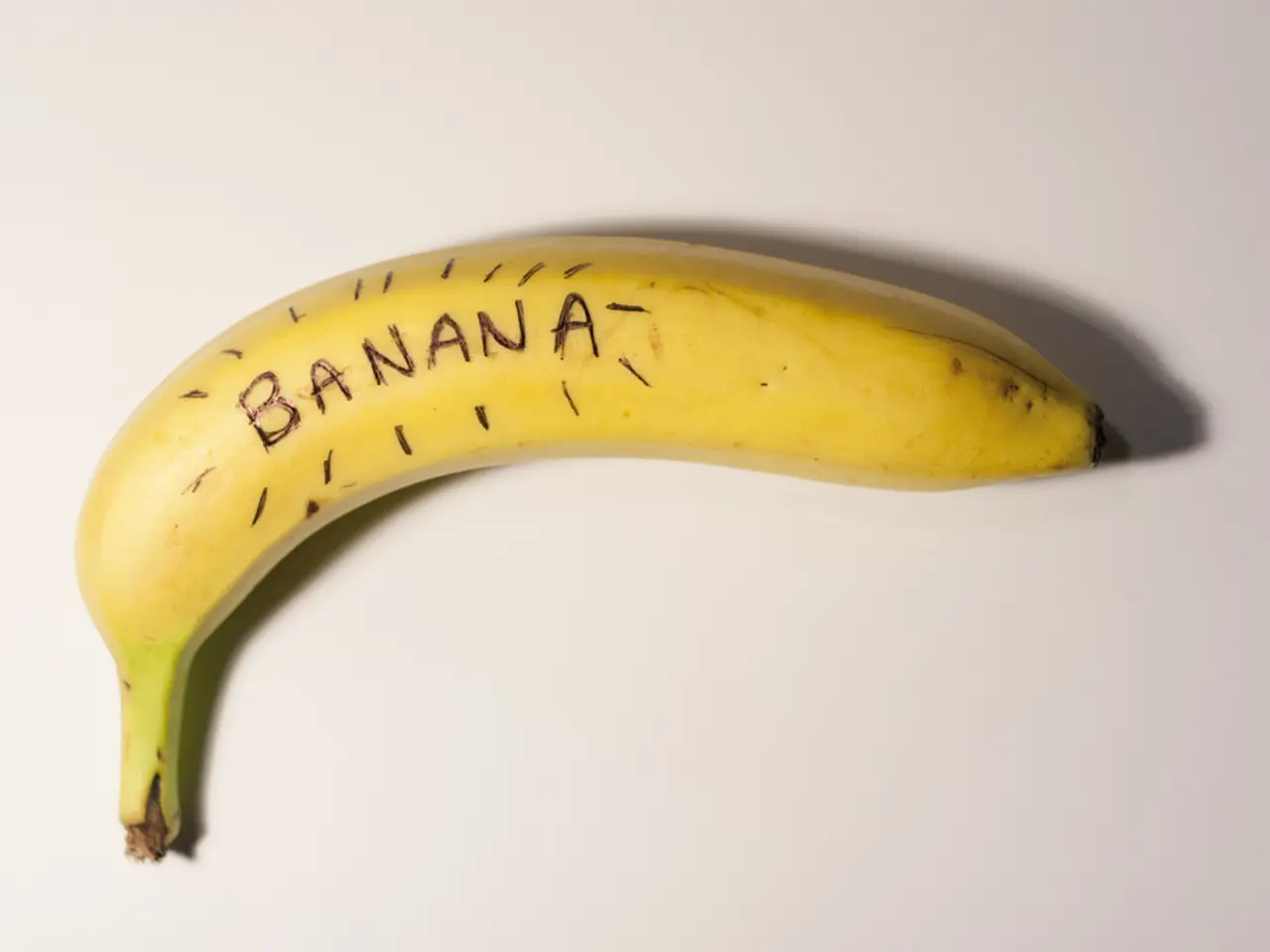Is It Safe for Cats to Consume Bananas? How Much Banana Can a Cat Safely Consume?
Cats can enjoy the occasional treat of bananas, but it's crucial to understand the guidelines for safe feeding. Small amounts of peeled, ripe bananas, fed in bite-sized or mashed pieces, can be given to cats, as long as they don't exceed about 10% of their daily caloric intake.
To feed bananas correctly, ensure the fruit is fully ripe and peeled. Cut it into small, manageable slices or mash the fruit. Offer only a small portion at a time. You can mix banana pieces with regular cat food if desired. However, avoid banana peels and excessive serving to prevent digestive upset.
Bananas offer potential health benefits for cats in moderation. They are rich in potassium, essential for muscle and nerve function, and contain vitamins B6 and C. A small amount of banana can supplement these nutrients and satisfy a cat’s curiosity for snacks without causing potassium overload or health risks.
Key potential benefits include supporting muscle health and preventing lethargy from potassium deficiency, providing antioxidants and vitamins that may support overall health, and offering a safe treat alternative to more harmful human foods.
However, it's important to note that bananas are not essential to a cat’s diet and do not replace the complete and balanced nutrition cats need from meat-based foods formulated to meet AAFCO standards. Feeding too much banana or sugary fruits may cause digestive upset or contribute to obesity or diabetes.
Kittens are more sensitive to new foods and should not be given bananas without consulting a vet. Cats with special dietary needs or underlying health conditions should also avoid non-essential treats like bananas.
Cats may not be attracted to the smell of bananas due to the compound ethyl acetate. Always offer soft, ripe banana to cats and avoid any banana products with added sugar.
Signs of an allergic reaction in cats after eating bananas include itching and swelling. If a cat eats a large amount of banana or shows symptoms like diarrhea, lethargy, or vomiting, call the vet immediately.
It's also worth mentioning that bananas should not be fed to cats near citrus fruits, as they are harmful to them. Always consult a vet before introducing new foods into a cat's diet.
In summary, feeding bananas to cats is safe if done properly: peeled, ripe, in small portions, and not replacing their core diet. They can offer modest nutritional benefits chiefly from potassium and vitamins but are primarily a treat rather than a health necessity.
- Incorporating technology can help monitor a cat's health-and-wellness, allowing owners to track their caloric intake from food-and-drink, including bananas.
- Science has shown that a lifestyle that includes regular exercise, proper nutrition from science-backed cat foods, and occasional treats like ripe bananas can contribute to a cat's overall wellbeing.
- While enjoying a banana might not be a typical part of a pet's science-based diet, offering occasional treats such as ripe bananas can support the bond between owner and pet, promoting a nurturing lifestyle for both pets and their human companions.




